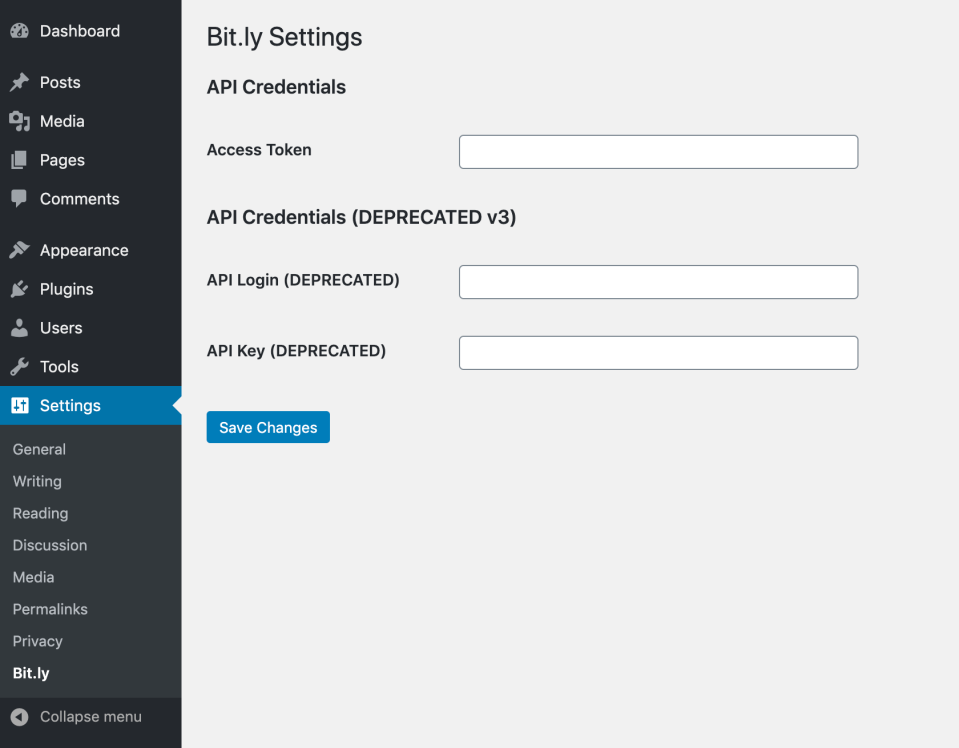We have reached the end of the VaultPress deprecation process. VaultPress is now disabled across the VIP Platform, and is no longer available for use on VIP environments.
You can continue to access your data through our convenient VIP Dashboard and VIP-CLI features, see below.
What does this mean?
If you’re a customer that has been using the VIP_VAULTPRESS_SKIP_LOAD PHP constant to continue using VaultPress to create backups for your environments, even after the deprecation on the 29th of March, you will no longer be able to do so. VaultPress will no longer be connected to your site environments, which means that no VaultPress backups will be generated. You will also lose access to the VaultPress Dashboard.
Customers that have not been using the VIP_VAULTPRESS_SKIP_LOAD PHP constant will also no longer be able to access the VaultPress Dashboard. VaultPress itself has been disconnected from your site environments since the 29th of March – so there have been no VaultPress backups generated since then.
Manage and export data with VIP tools
There are several ways to export and manage your data from the VIP Platform:
- From the VIP Dashboard – choose to export the entire database, a single network site (for multisites), or specific tables
- Using the VIP-CLI command
vip export sql
Managing data access through the VIP Dashboard and VIP-CLI allows us to provide a clear, simple, and secure service for your team. The VIP Dashboard user management system allows for regulation of access control, enhancing security and easing the workload for onboarding and offboarding processes.
All crucial interactions such as generation and download events are systematically tracked and recorded in the Audit Log, providing a clear record of significant system interactions.
On-demand database backups
You can now trigger a database backup on-demand before exporting it using the VIP CLI. The capability to trigger a database backup via the VIP Dashboard will follow soon.
Generating a backup for download will ensure that you are working with the most up to date data and should provide you all the tools needed to efficiently and confidently deploy applications.
Please reach out to VIP Support with any questions or concerns you may have.





You must be logged in to post a comment.